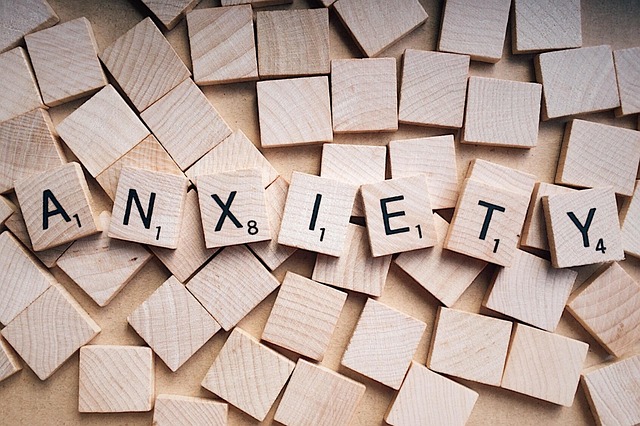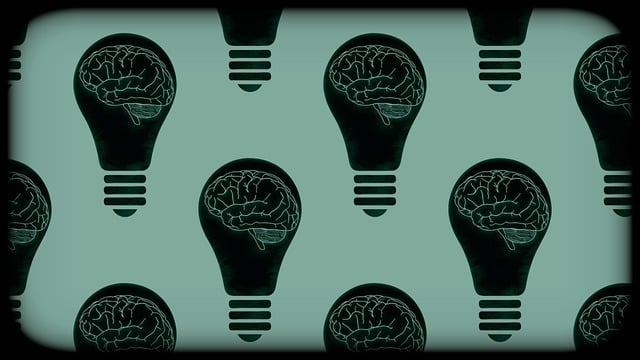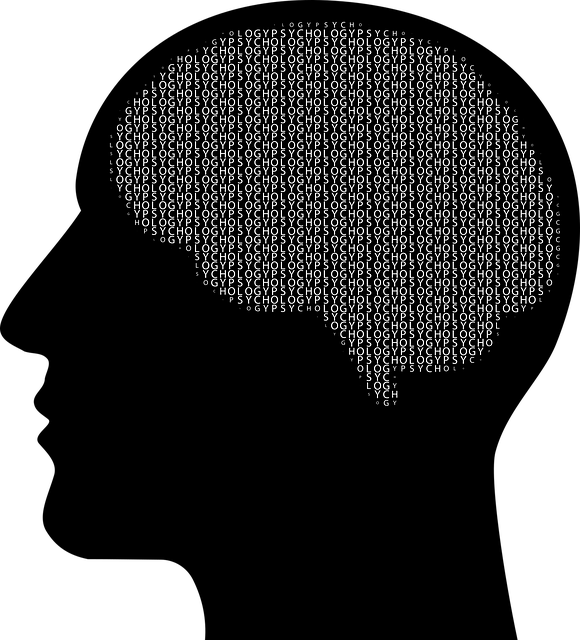Dissociative Disorder in young adults is a complex mental health issue often overlooked, characterized by detachment from reality and memory lapses. Traumatized by abuse or extreme stress, these individuals need specialized therapy to rebuild connections and manage symptoms. Evidence-based approaches like CBT and DBT, along with tailored interventions like TF-CBT and social skills training, help them regain control, enhance self-awareness, and improve relationships. Holistic strategies including mental wellness coaching, podcasts, journaling, and mindfulness exercises empower young adults to actively participate in their recovery journey. Focus on therapy for young adults dissociative disorder for effective management and improved quality of life.
Mental wellness promotion is a vital aspect of fostering healthy development, especially among young adults. This article delves into dissociation—a complex psychological state often manifesting as Dissociative Disorder (DD) in this demographic. We explore symptoms and underlying causes, emphasizing the significance of early intervention. The focus then shifts to effective therapy models tailored for DD, followed by specialized approaches. Additionally, we present practical strategies for long-term recovery, highlighting the critical role of mental wellness promotion in enhancing the lives of affected young adults, with a particular emphasis on therapy for young adults dissociative disorder.
- Understanding Dissociative Disorder in Young Adults: Symptoms and Causes
- The Role of Therapy in Treating Dissociative Disorder
- Specialized Approaches for Young Adult Dissociative Disorder
- Promoting Mental Wellness: Strategies for Long-Term Recovery
Understanding Dissociative Disorder in Young Adults: Symptoms and Causes

Dissociative Disorder in young adults is a complex mental health condition that often goes unrecognized. It’s characterized by a disconnection from reality, where individuals may experience periods of detached awareness, memory lapses, and a distorted sense of identity. Symptoms can range from mild to severe, impacting daily functioning and overall emotional well-being promotion. Those affected might struggle with social interactions, exhibiting withdrawal or, conversely, excessive engagement without genuine connection.
The causes are multifaceted, often stemming from traumatic experiences such as abuse, neglect, or extreme stress. Social skills training can be a valuable therapy for young adults navigating this disorder, helping them rebuild connections and improve interpersonal relationships. By addressing the root causes and employing evidence-based techniques, mental health professionals can support those affected in managing symptoms and reducing the stigma surrounding mental illness. Emotional well-being promotion techniques play a crucial role in fostering resilience and restoring a sense of control.
The Role of Therapy in Treating Dissociative Disorder

Therapy plays a pivotal role in treating Dissociative Disorder, offering young adults a pathway to restore their sense of self and manage symptoms effectively. This complex mental health condition, characterized by disruptions in consciousness and memory, often stems from traumatic experiences. Specialist therapy for young adults with dissociative disorder focuses on the emotional healing processes necessary to integrate fragmented memories and emotions.
Through structured therapeutic approaches, such as cognitive behavioural therapy (CBT) and dialectical behaviour therapy (DBT), individuals can enhance their emotional intelligence and develop coping mechanisms. These evidence-based methods help patients understand and regulate their emotions, improve self-awareness, and build resilience against dissociation triggers. Moreover, comprehensive risk assessment for mental health professionals is crucial to ensure a safe therapeutic environment, tailoring interventions to the unique needs of each young adult while prioritizing their well-being throughout the healing journey.
Specialized Approaches for Young Adult Dissociative Disorder

Specialized approaches tailored for young adults with Dissociative Disorder (DD) are crucial in promoting mental wellness and fostering healthy development. The unique experiences and challenges faced by this demographic require therapeutic interventions that address the specific symptoms and co-occurring issues often associated with DD, such as trauma, identity disturbances, and social impairments. One effective therapy for Young Adults Dissociative Disorder is Trauma-Focused Cognitive Behavioral Therapy (TF-CBT), which helps individuals process traumatic memories, regulate emotions, and develop coping strategies.
In addition to individual therapy, Social Skills Training and Stress Management Workshops can significantly benefit young adults with DD. These programs aim to enhance social interactions, improve emotional regulation, and teach effective stress coping mechanisms. Mental Wellness Coaching Programs Development can also play a vital role in empowering individuals to manage their symptoms, set personal goals, and navigate the complexities of daily life. By combining these specialized approaches, support organizations can offer comprehensive care tailored to the unique needs of young adults struggling with Dissociative Disorder, ultimately enhancing their mental wellness and overall quality of life.
Promoting Mental Wellness: Strategies for Long-Term Recovery

Promoting mental wellness is a holistic process that goes beyond occasional self-care practices. For young adults navigating conditions like dissociative disorder, long-term recovery requires a multi-faceted approach. One effective strategy is engaging in consistent therapy sessions tailored to their unique needs. This could involve cognitive-behavioral therapy (CBT), dialectical behavior therapy (DBT), or other evidence-based modalities known to enhance coping mechanisms and resilience.
Complementing therapy for young adults with dissociative disorder, mental wellness podcast series production can offer additional support. These podcasts often provide valuable insights, personal stories, and expert advice on managing mental health challenges. Furthermore, incorporating confidence-boosting activities such as journaling, mindfulness exercises, or creative pursuits can empower individuals to actively participate in their recovery journey.
Mental wellness promotion plays a pivotal role in supporting young adults affected by dissociative disorder. By understanding the symptoms and causes, utilizing specialized therapy approaches such as trauma-focused cognitive behavioral therapy (TF-CBT) tailored to this demographic, and implementing long-term recovery strategies, individuals can navigate their journey towards healing. Engaging in these comprehensive practices ensures a holistic approach to treatment, enabling young adults to reclaim their well-being and foster a brighter future. Moreover, early intervention and continued mental health support are essential for effective management of dissociative disorder symptoms, emphasizing the need for accessible therapy services for this vulnerable population.








